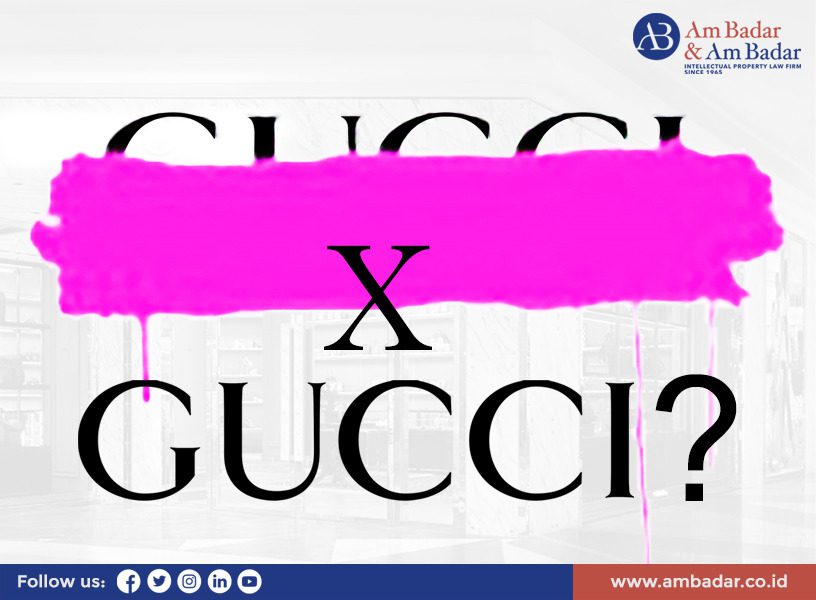The Italian fashion model company, Gucci, had to accept their defeat over the lawsuit they filed against a local Japanese brand, Cuggl. Cuggl is a Japanese fashion brand created by Nobuaki Kurokawa and based in Osaka. This brand is known for its trademark, designing parody shirts from well-known brands at affordable prices.
This case started when Gucci sued Cuggl for designing clothes that had a logo resembling the Gucci brand. The Cuggl logo with a font similar to Gucci’s and the bottom half of the logo covered in paint can confuse consumers so that consumers may think that the product is a product of the Gucci brand. Because of this, Gucci filed a lawsuit to cancel the ownership of the Cuggl trademark to the Japanese Patent Office (JPO).
After going through a long process, the Japanese Patent Office (JPO) finally decided to reject the lawsuit filed by Gucci. JPO considers that Gucci and Cuggl are two brands that have different concepts in terms of visuals, phonetics and conceptually so that customers will be clear in differentiating them. Even though the trial was over with the rejection of the lawsuit from Gucci, it is reported that Gucci is not just silent and plans to make an appeal.
So what if a similar case occurs in Indonesia? Is using other people’s parody brands allowed by applicable law in Indonesia?
The use of parody Trademarks is not specifically regulated in Law Number 20 of 2016 concerning Marks and Geographical Indications (Trademark Law). However, a Trademark cannot have the same essential characteristics as a well-known Trademark and/or a registered Trademark, according to Article 21 of the Trademark Law. What is meant by “similarity in essence” is a similarity caused by the presence of a dominant element in one Trademark and another, giving rise to a perception of similarity both in terms of shape, method of placement, method of writing, or a combination of the elements. as well as the similarity of speech sounds in the Trademark.
Even though the Trademark Act does not strictly regulate parody trademarks. Parody of other people’s brands can be considered as a form of trademark infringement because it violates the exclusive rights of brand holders by using a brand without permission, using a brand similar to a previously registered mark, and changing certain brand marks to add an element of humour. This action may damage the reputation or goodwill of the original brand. Brand parody, included in the definition of trademark infringement according to the Trademark Act, basically has similarities with registered marks and/or well-known marks and is applied to related or similar goods and services. And if the brand owner feels aggrieved, the owner can file a lawsuit peacefully or aggressively.
When you are sure that Indonesia is the right market for your product or service, then Am Badar & Am Badar IP Law Firm, as an Intellectual Property Consultant with more than 57 years of experience in Indonesia, is the right partner.
Our services cover not only the registration process until it is accepted but also the monitoring process in the future, where it is possible that the mark you have registered is copied or misused by other parties who are not responsible.
Am Badar and Am Badar IP Law Firm are the right places for Partners who need services or consultations related to IPR. Contact us via ambadar@ambadar.co.id. We will provide the best solution according to your situation.
Source:
-
Law No. 20 of 2016 concerning Trademark and Geographical Indications

